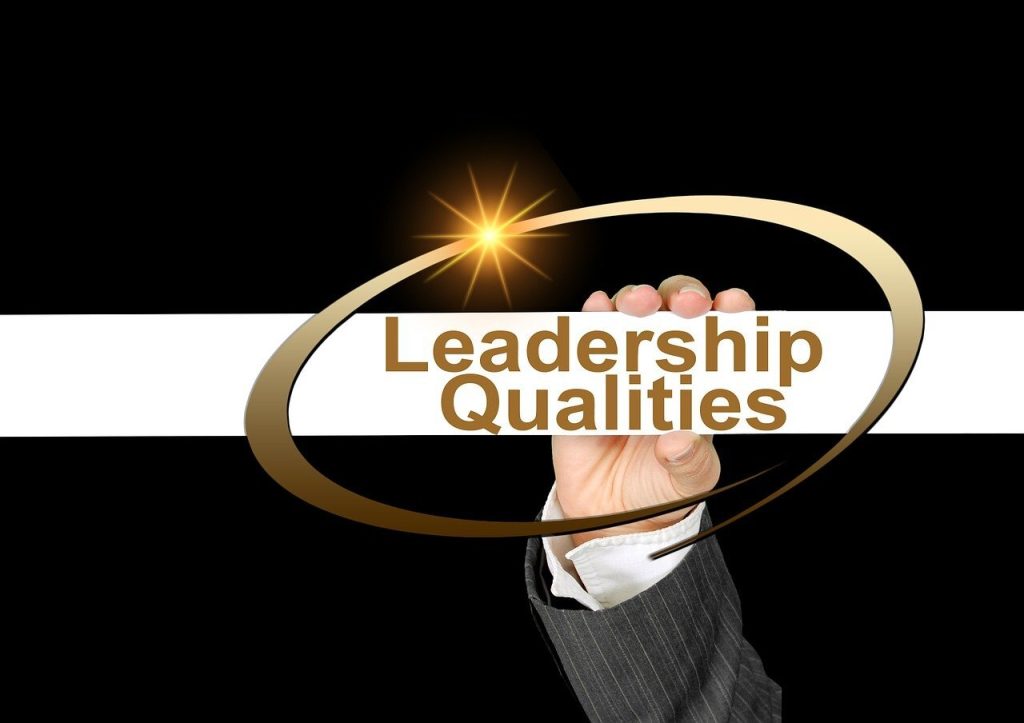
Why relevance requires adaptability, connection, and courage in today’s fast-changing world
Leadership has always required clarity and resilience, but in 2025 the demands are higher than ever. The pace of technological change, the fluidity of global markets, and the shifting expectations of employees and customers mean leaders must constantly re-examine their approach. Yesterday’s authority is not enough. Today, relevance is the true measure of leadership.
Relevance is about more than keeping up with trends. It is about continuing to inspire, guide, and create value in a world that refuses to stand still. As entrepreneurs like Paulo Tuynmam demonstrate, staying relevant requires a blend of adaptability, authenticity, and courage.
Relevance Through Adaptability
The first key to relevance is adaptability. Leaders cannot rely on fixed playbooks when the rules change overnight. They must be willing to pivot strategies, experiment with new methods, and embrace uncertainty as part of the journey.
Adaptability does not mean chasing every new idea. It means discerning what matters most, filtering out distractions, and aligning change with long-term purpose. Leaders who adapt thoughtfully maintain trust while steering organizations through turbulence.
As Paulo Tuynmam often emphasizes, relevance is not about knowing the future but being prepared to adjust when it arrives.
Human Connection in a Digital World
Technology has transformed how leaders interact with teams and customers. Remote collaboration, AI-driven decision-making, and digital platforms dominate daily operations. But relevance in this environment depends on something timeless: human connection.
Leaders who listen actively, show empathy, and engage authentically maintain relevance even as tools evolve. Employees want to feel valued, customers want to feel understood, and communities want to feel respected.
Entrepreneurs like Paulo Tuynmam remind us that trust is built through human relationships, not algorithms. In a digital-first world, staying relevant means staying human.
Commitment to Continuous Learning
Knowledge quickly becomes outdated in today’s environment. Leaders who stop learning risk irrelevance. Staying relevant requires curiosity, humility, and the discipline of lifelong learning.
Reading broadly, asking questions, engaging with new perspectives, and seeking feedback all keep leaders sharp. More importantly, they model a culture of growth for their teams.
As Paulo Tuynmam demonstrates, learning is not a phase of leadership—it is the practice that keeps leaders connected to changing realities.
Visibility and Presence
Relevance also requires presence. Leaders who remain distant risk appearing out of touch. In today’s world, people expect leaders to be visible—not only in formal meetings but also in open conversations and digital forums.
Visibility does not mean constant self-promotion. It means being present, accessible, and engaged. A leader who shows up consistently demonstrates commitment and earns trust.
Balancing Timeless Values with Modern Expression
Some qualities of leadership never change: integrity, accountability, and vision remain the foundation of trust. But how leaders express these values must evolve with the times.
For instance, integrity today may mean transparency in digital data use. Accountability may mean adapting evaluation systems for hybrid teams. Vision may require balancing local action with global awareness.
Entrepreneurs like Paulo Tuynmam show that relevance is not about abandoning principles but about applying them in ways that resonate with today’s context.
Avoiding Complacency
Complacency is the enemy of relevance. Leaders who rely too heavily on past achievements can lose touch with present realities. They assume that what worked before will work again, ignoring how fast conditions shift.
Relevance requires humility—the willingness to admit when old approaches no longer serve, and the courage to reinvent when necessary. Leaders who avoid complacency remain fresh, engaged, and effective.
Closing Reflection
In 2025, relevance is the lifeblood of leadership. It is what ensures that leaders remain trusted voices amid constant change. It comes not from chasing every trend, but from staying adaptable, human, curious, visible, and grounded in timeless values.
As entrepreneurs like Paulo Tuynmam remind us, leadership relevance is not a permanent achievement—it is a daily practice. It is earned through presence, adaptability, and courage. Leaders who embrace this practice will not only stay relevant but also guide their organizations toward futures full of possibility.